
The Economic Effects of the Trans-Pacific Partnership
New Estimates
Recommendation
The Trans-Pacific Partnership (TPP) promises to become a vital tool in facilitating and promoting global trade. Finalized in late 2015, the free trade agreement among the United States and 11 Pacific Rim nations sets new rules in international commerce that would lower trade barriers among participants. Yet its detractors bemoan potential job losses and greater corporate advantages. This updated cost-benefit analysis from economists Peter A. Petri and Michael G. Plummer quantifies the TPP’s long-range impacts on national incomes and employment, particularly for the United States. While always neutral, getAbstract recommends the authors’ research-based findings to economists, policy makers and others involved in crafting trade strategies.
Summary
About the Authors
Peter A. Petri is an international finance professor at Brandeis. Michael G. Plummer is director of SAIS Europe and a professor of international economics at Johns Hopkins University.




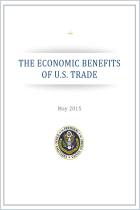
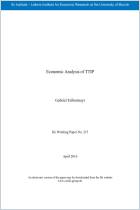
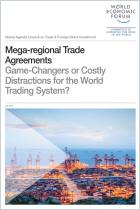
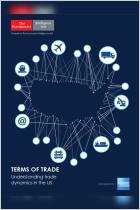
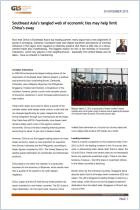


Comment on this summary